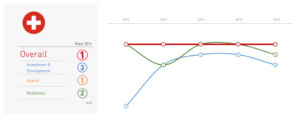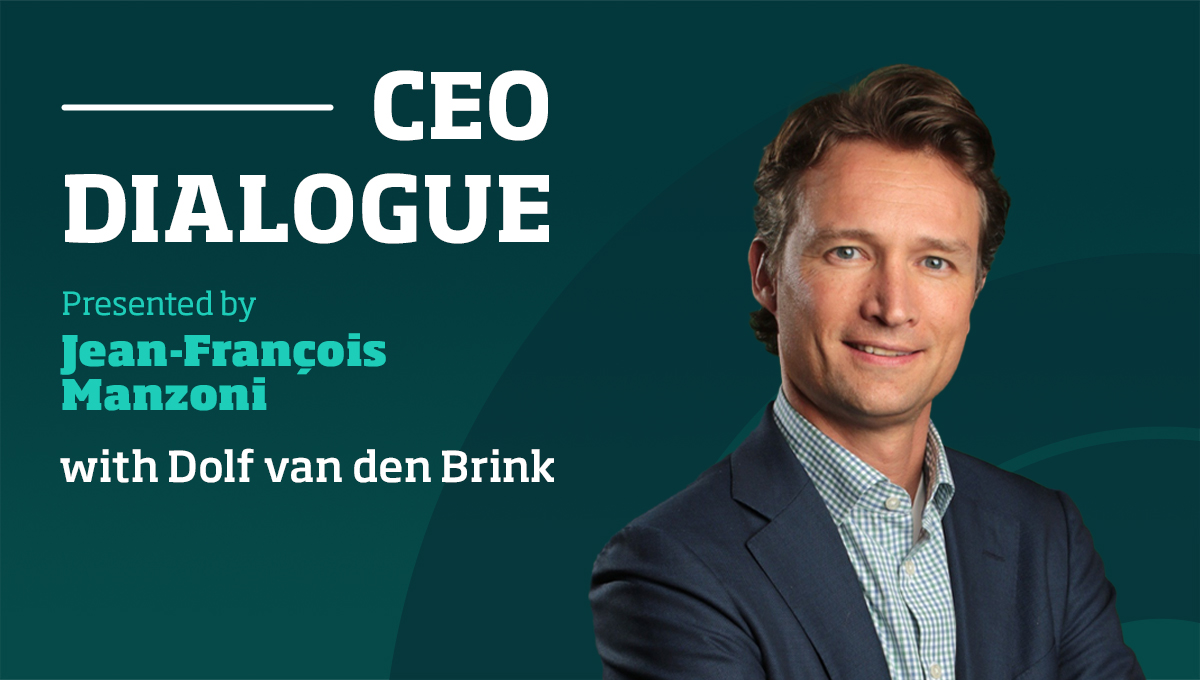
The continuous attractiveness of Switzerland
Why do MNCs such as Philip Morris and ABB choose Switzerland as a base for their operations?
There are several significant factors that define the attractiveness of Switzerland. Among them, one can mention the existing corporate taxes (vis-à-vis tax rates in Germany, Japan and the USA), a stable political system underlined by a sound and reliable legal system, access to finance (particularly for SMEs), and a business-friendly regulatory framework which is oriented towards the encouragement of entrepreneurship. A key factor to consider is the availability of talent. The IMD World Talent Ranking emphasizes that, in order for countries to excel in talent quality, they need: (1) a good education system; (2) to attract and retain foreign talent and minimize – if not eliminate – brain drain; and (3) companies that promote and develop talent within the organization, by matching talent and activities with the utmost efficiency.
In this respect, our 2016 talent ranking places Switzerland in the top position of the overall ranking, and it is also ranked number one in attractiveness factors. More specifically, the country ranks first in the quality of life indicator and in attracting foreign highly-skilled personnel. All these factors greatly contribute to the continuous attractiveness of the Swiss economy.

It is also important to mention the role of another contributing element to the country’s attractiveness. Investments in soft and hard infrastructure have led to increasing connectivity via a particularly efficient distribution network, a key factor for MNCs assessing Switzerland as their base for procurement and logistics.

Research Information & Knowledge Hub for additional information on IMD publications
With stagnant import volumes since 2021, and import prices at levels below those suggested by fundamentals, foreign exporters face an uphill battle to convert access to the Chinese market into revenues. Notably, the volume stagnation predates the ...
In today’s fast-paced and ever-changing business environment, small and medium-sized enterprises (SMEs) face unique challenges. From navigating market volatility to managing limited resources, SMEs must find ways to build resilience within their t...
Building trust in family-owned companies involves overcoming challenges from overlapping family and business dynamics. Non-family employees often face a “glass ceiling” due to perceived favoritism and limited career growth. Strategies like transpa...
It has become conventional wisdom to view Europe as an economic powerhouse past its prime, overshadowed by the steady advance of the US and meteoric rise of China. Critics cite Europe’s shrinking share of global GDP, excessive regulation, and slug...
in I by IMD
Research Information & Knowledge Hub for additional information on IMD publications
Research Information & Knowledge Hub for additional information on IMD publications
Research Information & Knowledge Hub for additional information on IMD publications
Research Information & Knowledge Hub for additional information on IMD publications
Research Information & Knowledge Hub for additional information on IMD publications
Research Information & Knowledge Hub for additional information on IMD publications
Research Information & Knowledge Hub for additional information on IMD publications
Research Information & Knowledge Hub for additional information on IMD publications
Research Information & Knowledge Hub for additional information on IMD publications
Research Information & Knowledge Hub for additional information on IMD publications



